
Agriculture and animal husbandry have been practiced on Gökçeada, the world’s first Cittaslow island, for 8,800 years
Archaeologists have discovered evidence indicating that agriculture and animal husbandry were practiced 8,800 years ago on Gökçeada, the world’s first Cittaslow island.
Archaeologists researching the food economy at Uğurlu-Zeytinlik Mound, located on Gökçeada, Türkiye’s largest island, have made significant findings.
The excavations have been ongoing since 2009 under the leadership of Prof. Dr. Burçin Erdoğu from the Department of Archaeology at Akdeniz University, with the permission of the General Directorate of Cultural Heritage and Museums of the Ministry of Culture and Tourism.
Excavation Director Prof. Dr. Erdoğu stated that their studies this year have revealed that the first settled communities based on agriculture and animal husbandry in the region date back 8,800 years.
📣 Our WhatsApp channel is now LIVE! Stay up-to-date with the latest news and updates, just click here to follow us on WhatsApp and never miss a thing!!
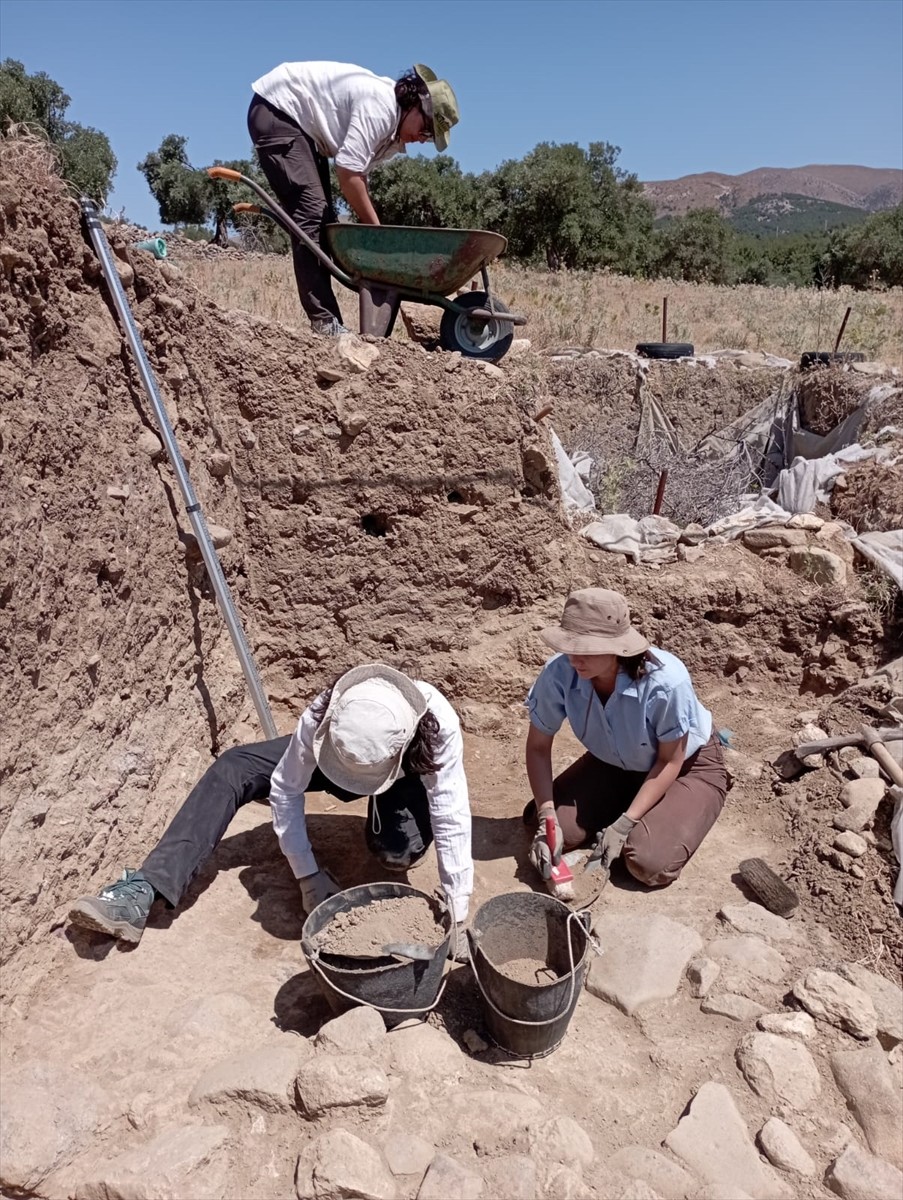
Erdoğu noted, “It is understood that this early community, which arrived on the island from the mainland during a period when sea levels were lower than today, brought domesticated animals such as sheep, goats, and cattle, as well as grains like wheat and barley. The data obtained suggest that the community primarily engaged in animal husbandry, practiced agriculture to a lesser extent, hunted and gathered over a wide area, and partially relied on fishing for sustenance.”
He explained that the first community settled on the island lived in round-plan, sunken-floored buildings, with lime-plastered floors and walls made of wood and reed weaving.
Erdoğu added that this community had no involvement in pottery production, stating, “It has been understood that this community utilized techniques that required specialization and skill in the production of chipped stone tools. Additionally, the presence of obsidian, agate, and jade used for both tool-making and ornaments in the settlement provides evidence of an early trade based on exchange.”
Cover Photo: AA
You may also like
- A 1700-year-old statue of Pan unearthed during the excavations at Polyeuktos in İstanbul
- The granary was found in the ancient city of Sebaste, founded by the first Roman emperor Augustus
- Donalar Kale Kapı Rock Tomb or Donalar Rock Tomb
- Theater emerges as works continue in ancient city of Perinthos
- Urartian King Argishti’s bronze shield revealed the name of an unknown country
- The religious center of Lycia, the ancient city of Letoon
- Who were the Luwians?
- A new study brings a fresh perspective on the Anatolian origin of the Indo-European languages
- Perhaps the oldest thermal treatment center in the world, which has been in continuous use for 2000 years -Basilica Therma Roman Bath or King’s Daughter-
- The largest synagogue of the ancient world, located in the ancient city of Sardis, is being restored

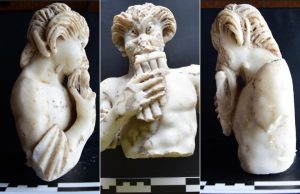
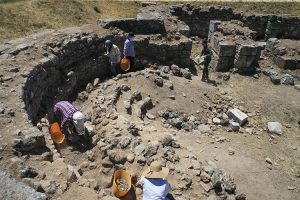
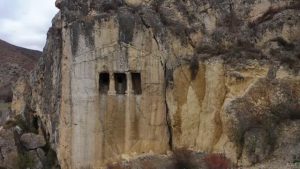
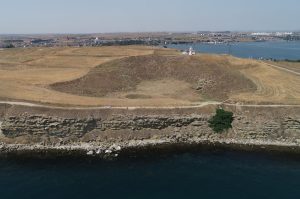
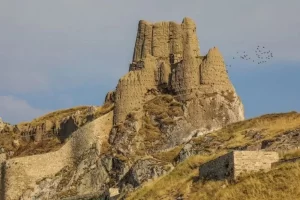
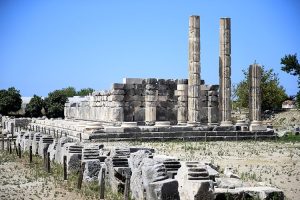
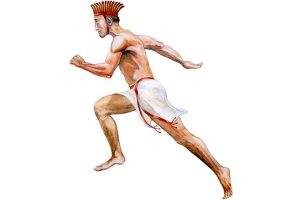

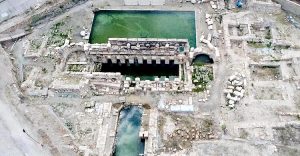
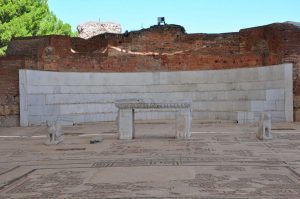
Leave a Reply